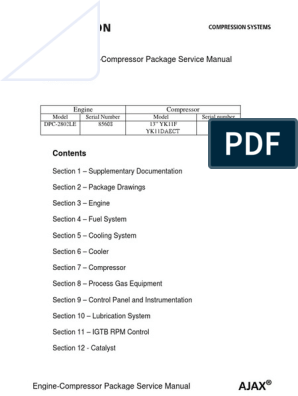0% found this document useful (0 votes)
17 views17 pagesDay 7 - Switch Controls in Java
The document explains the switch control statement in Java as a readable alternative to if-else-if for handling multiple conditions based on a single variable. It covers syntax, key concepts, and comparisons with if statements, as well as the use of enums and common mistakes such as forgetting the break statement. Additionally, it emphasizes the importance of including a default case to handle unexpected values.
Uploaded by
aligangajake10.3Copyright
© © All Rights Reserved
We take content rights seriously. If you suspect this is your content, claim it here.
Available Formats
Download as PDF, TXT or read online on Scribd
0% found this document useful (0 votes)
17 views17 pagesDay 7 - Switch Controls in Java
The document explains the switch control statement in Java as a readable alternative to if-else-if for handling multiple conditions based on a single variable. It covers syntax, key concepts, and comparisons with if statements, as well as the use of enums and common mistakes such as forgetting the break statement. Additionally, it emphasizes the importance of including a default case to handle unexpected values.
Uploaded by
aligangajake10.3Copyright
© © All Rights Reserved
We take content rights seriously. If you suspect this is your content, claim it here.
Available Formats
Download as PDF, TXT or read online on Scribd
/ 17























































































